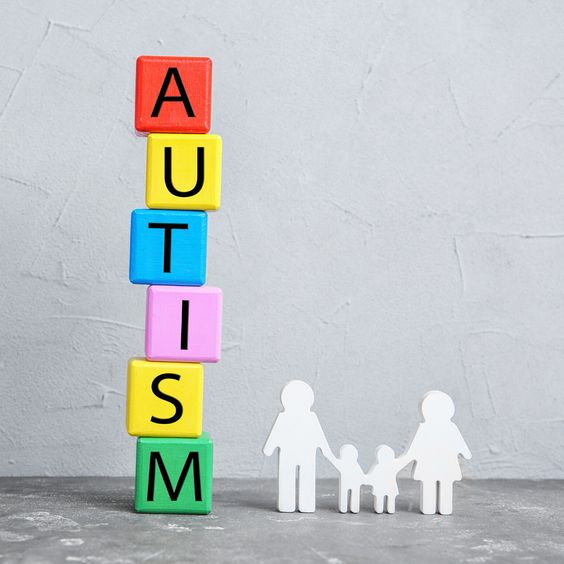What Is Autism Spectrum Disorder (ASD)?
Autism spectrum disorder (ASD) is a complex developmental condition that affects how a person behaves, interacts with others, communicates, and learns. It encompasses a wide range of symptoms and severities, which is why it is referred to as a "spectrum" disorder. Individuals with ASD may have unique strengths and challenges.

ASD is usually diagnosed in early childhood, with signs often appearing before the age of three. However, some individuals may not receive a diagnosis until later in life. While the exact causes of ASD are not fully understood, research suggests a combination of genetic and environmental factors plays a role.
Recognizing the Signs of ASD
ASD manifests differently in each individual. However, common signs and symptoms often include:
- Social interaction challenges: Difficulty with social cues, initiating interactions, and maintaining relationships.
- Communication difficulties: Delays in speech development, repetitive language, and trouble understanding non-verbal communication.
- Repetitive behaviors: Engaging in repetitive movements or actions, adhering to strict routines, and intense fixations on specific interests.
- Sensory sensitivities: Unusual reactions to sensory input, such as light, sound, touch, taste, or smell, which can lead to overstimulation or discomfort.
Diagnosis and Support
Diagnosing ASD involves a comprehensive evaluation by qualified professionals, including developmental pediatricians, psychologists, and speech-language pathologists. They will assess the individual's developmental history, behavior, and communication skills.
Early intervention and support are crucial for individuals with ASD. Treatment plans are tailored to individual needs and may include therapies such as:
- Behavioral therapy: Applied behavior analysis (ABA) is a common therapy that focuses on teaching new skills and reducing challenging behaviors.
- Speech therapy: Addressing communication difficulties, improving language skills, and enhancing social interaction.
- Occupational therapy: Developing fine motor skills, sensory integration, and daily living skills.
Living with ASD presents unique challenges and rewards. While there is no "cure" for ASD, with appropriate support and understanding, individuals with ASD can lead fulfilling lives and reach their full potential.

.jpg)